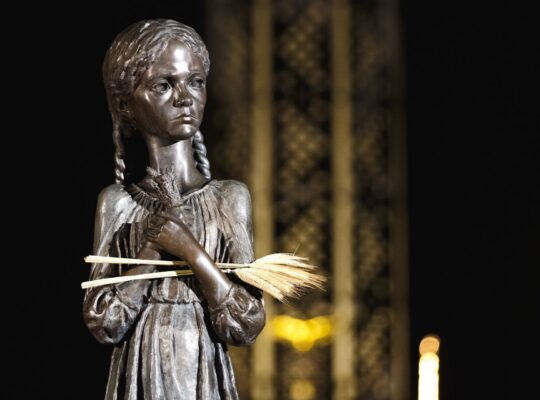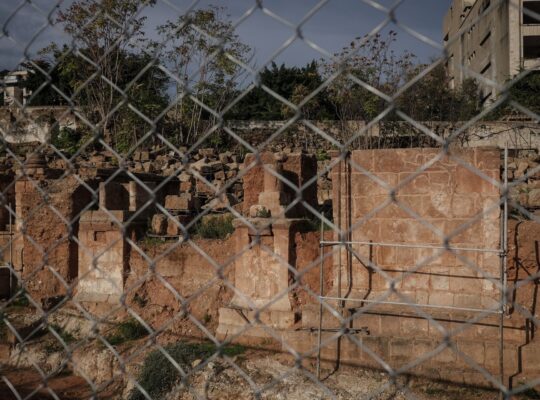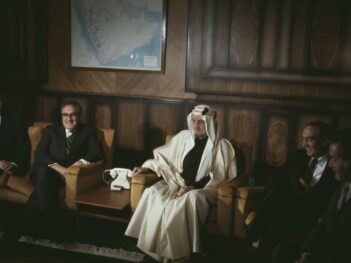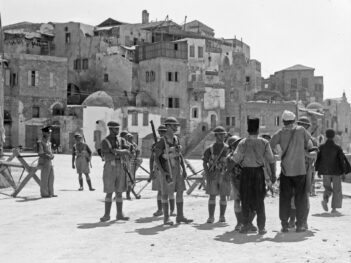
Essays

Daughters of Revolution
The personal and political collide in three new books — Julia Ioffe’s “Motherland,” Lea Ypi’s “Indignity” and Olia Hercules’ “Strong Roots” — that use family memoir to illuminate the lives of women in 20th-century Eastern Europe.

Losing the Plot
Incredibly, parts of Beirut’s Roman walls have survived all the intervening upheavals, human and natural, of the past two millennia. But these remnants, and the ancient tombstones the walls were lined with, are under threat — not from earthquakes or war, but the construction of a parking lot.

Saudi Arabia’s Break With Interventionism
After decades of shifting alliances that failed to deliver stability, Saudi Arabia now has a “zero-conflict” policy toward its neighbors. It is this, rather than a turn to Islamism, that is paradoxically creating tension with the United Arab Emirates and Israel.

Minneapolis Protests Sound a Lot Like the French Resistance
In Minneapolis, whistles warn of ICE agents’ approach. How far do they echo the church bells that guided resistance in occupied France? History does not repeat, but in the details from the ground in Minnesota and the work of historians of wartime Europe, parallels emerge that may be instructive.

Palestine 1936: The Great Revolt That Decided History
The Great Arab Revolt of 1936 is one of the most important and least remembered events in the history of Arab-Zionist relations in Palestine. A newly released film and a recently published book provide thought-provoking insights and a new understanding of how events that occurred 90 years ago shaped the present.

How the Tiger Became an Indian National Symbol
In India, while tigers symbolized courage for Rajput kingdoms, Mughal emperors like Akbar and Jahangir saw a slain tiger as proof of dominance over nature. The British emulated Mughal tiger hunts to assert imperial control — a symbolism now reversed by the country’s conservationists.

Christmas Celebrations Are Returning to Bethlehem
Festivities have returned to the place of Jesus’ birth after a two-year pause, but the shadow of Gaza, occupation and genocide was never far from the muted celebrations.
